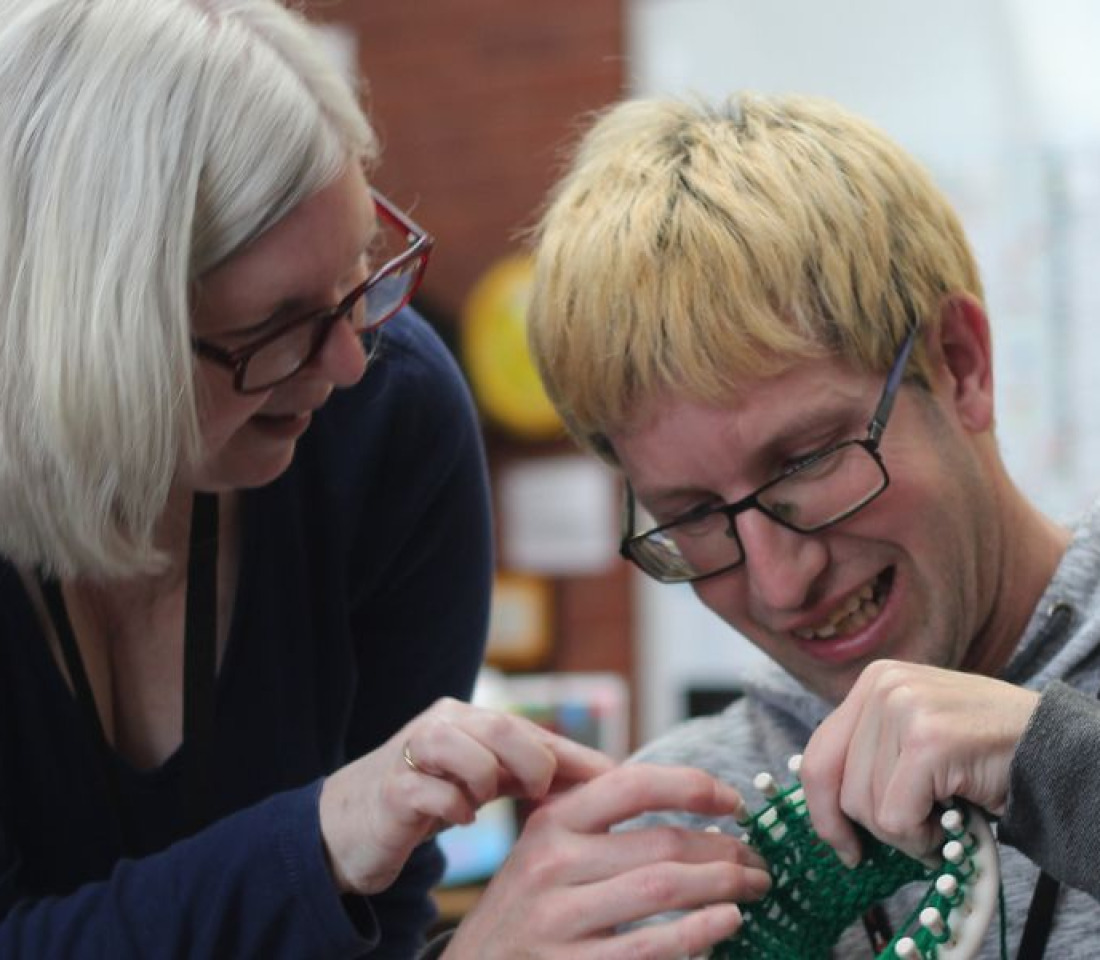What is Kearns-Sayre syndrome (KSS)?
Kearns-Sayre syndrome is a rare genetic condition which affects muscles, including those in the heart and eyes. It is part of a group of conditions called mitochondrial diseases.
KSS can sometimes be passed down through families, or it can happen by changes to DNA during pregnancy, where no other family members have the condition.
The condition is diagnosed before the age of 20 and symptoms may gradually progress over time. While this journey can be challenging, early diagnosis and supportive care can make a meaningful difference in managing symptoms and improving quality of life.
What causes Kearns-Sayre syndrome?
Kearns-Sayre syndrome is caused by changes to the DNA found in mitochondria. These are tiny parts found inside cells all over the body and are needed to help create energy for essential functions.
When mitochondria do not work properly cells cannot make energy as they should. This affects how our body grows and works.
What are the symptoms of Kearns-Sayre syndrome?
KSS mainly affects vision, which can eventually lead to blindness. Other symptoms include:
- Drooping eyelids
- Hearing loss
- Trouble with thinking and memory
- Heart issues, caused by the heart not receiving electrical signals as it should
- Hormonal problems, which can include diabetes
- High levels of protein in cerebrospinal fluid (CSF), which helps protect he brain and spinal cord
- Kidney problems
- Trouble with coordination and balance.
















